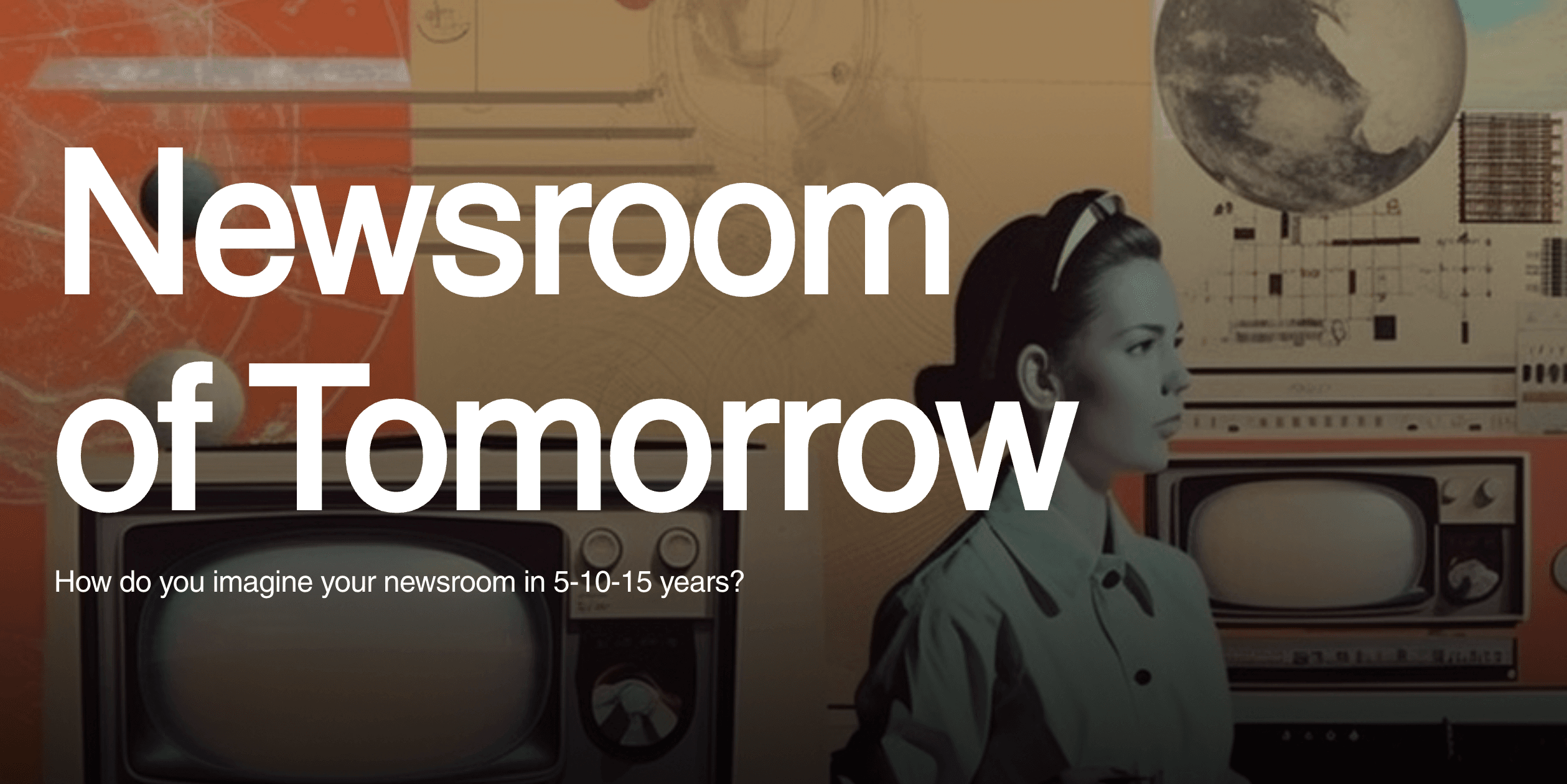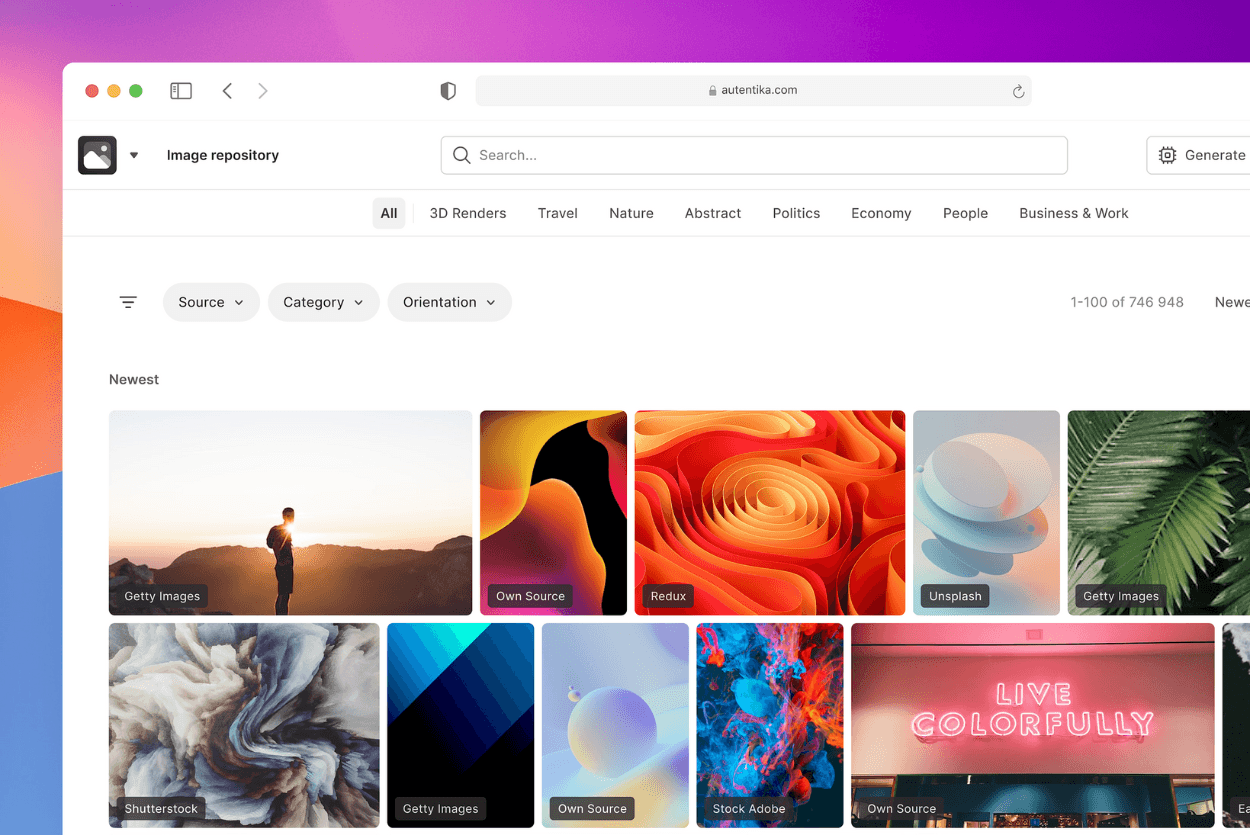A glimpse into tomorrow's journalism landscape
21 Dec 2023
Jowita Michalska, the Founder and CEO of Digital University gives a glimpse into the future of journalism.
Written by Jowita Michalska
The next 5 to 10 years promise a profound transformation in the work of journalists and newsrooms, driven by emerging technologies poised to reshape how news is researched, written, presented, and distributed. What are the key innovations on the horizon?
The text is part of our trend book “The Newsroom of Tomorrow”

Artificial intelligence tools are set to revolutionise journalism by rapidly parsing large datasets, analysing text and audiovisual content, fact-checking, and generating initial drafts of basic news stories. This technological leap is poised to significantly enhance reporting efficiency and accuracy, with media studios actively developing custom AI solutions in-house.
Augmented reality (AR) and Virtual Reality (VR) will empower journalists to elevate their stories with interactive data visualisations, 3D infographics, digital maps/scenarios, and embedded social media content. The potential extends to special AR/VR visors potentially altering on-scene reporting dynamics.
AR and VR will change news reporting
Virtual reality will find a home in newsrooms, offering immersive experiences that place audiences directly into reported stories and scenarios through VR headsets. This promises a new era of vivid, first-person understanding of news events.
Knowledge-management systems leveraging big data will empower journalists to swiftly retrieve key facts, connections, and sources to inform their reporting. This will foster the growth of institutional knowledge within newsrooms.
Integrating social media engagement, community building, and reader feedback will deepen, becoming integral to the news production cycle from ideation to distribution.
Publishers will increasingly rely on analytics and reader metrics to refine headlines, stories, and target content. News formats will evolve towards greater interactivity and personalisation.
Journalists of the future will need to adeptly navigate a range of emerging technologies, from voice interfaces to understanding evolving audience behaviours and interests. The cultivation of curiosity and an innovative spirit with technology will be crucial skills.
The text is part of our trend book “The Newsroom of Tomorrow”
Jowita Michalska is a founder and CEO of Digital University and the Polish ambassador of Singularity Group, the most important educational think-tank in Silicon Valley. She has over 20 years of business experience, having worked in key positions at Polkomtel, PGE and Deloitte, among others.
For her educational activities, Jowita has received many awards and honours, including Digital Shapers, for her significant contribution to the development of digital economy in Poland. Last year Forbes Women recognized her as one of the 100 most outstanding women in business, and the European Commission named her a Digital EU Ambassador.



